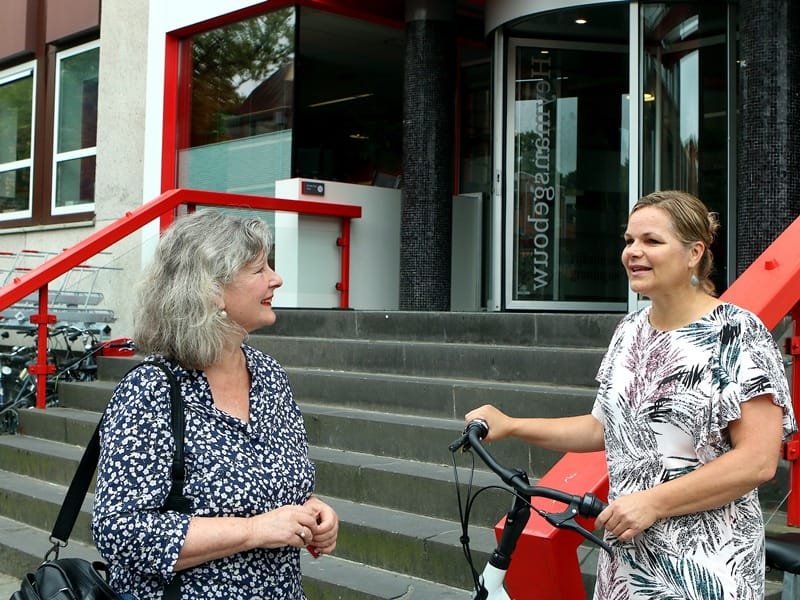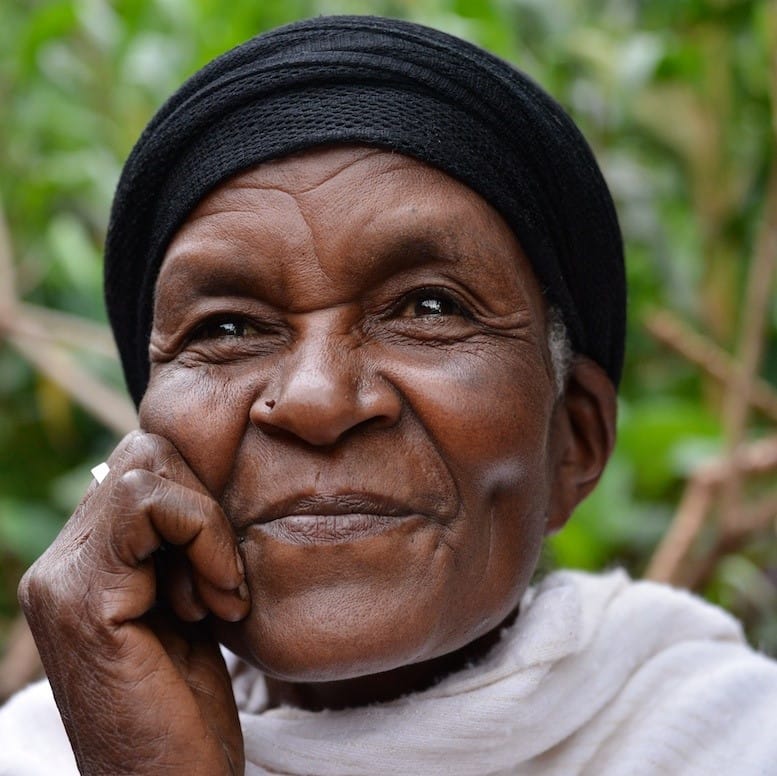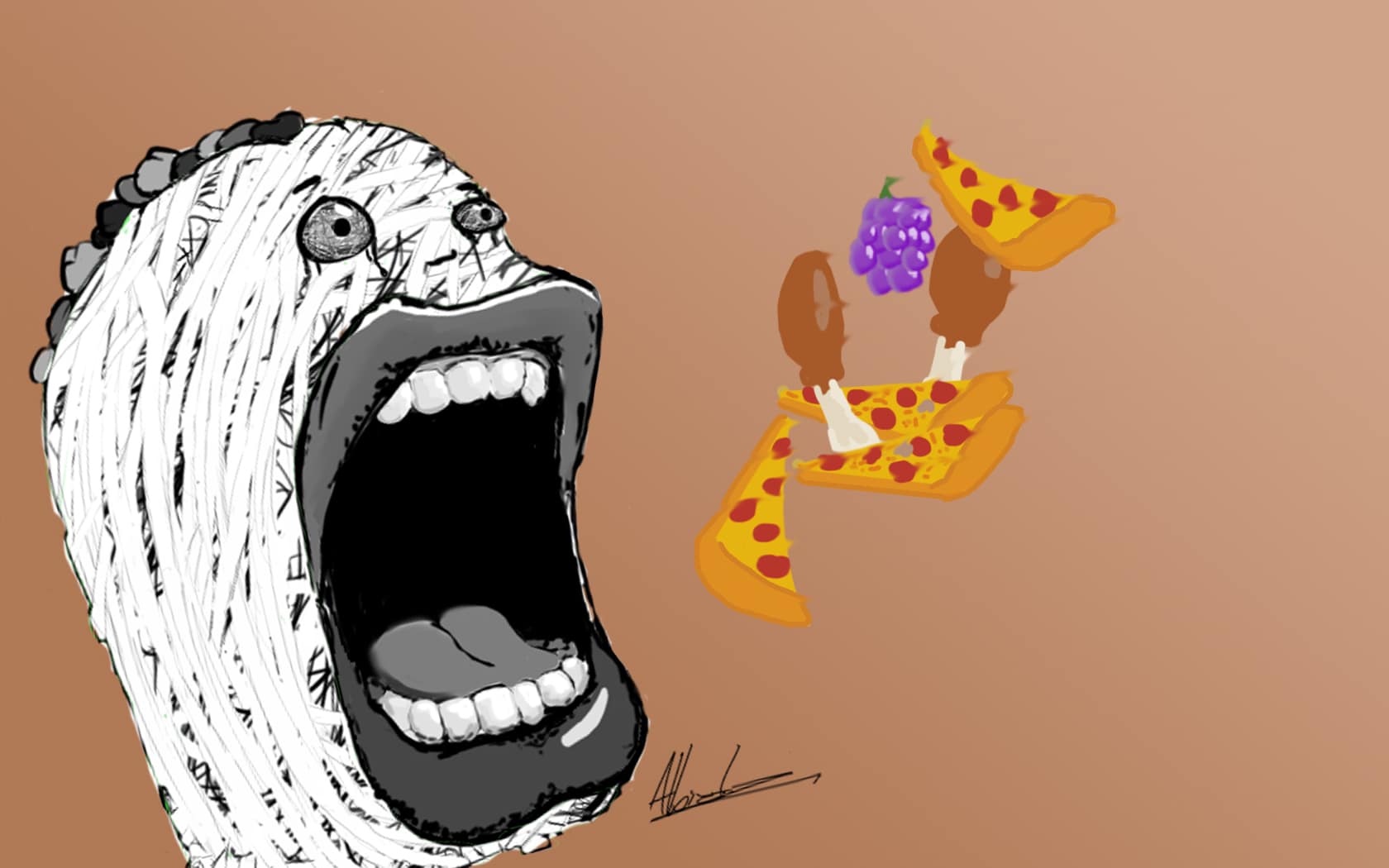Clinical psychology training centers around the scientist-practitioner model, which posits that psychologists working in mental health care (MHC) should combine clinical practice (i.e., assessment, diagnosis, and treatment of people with psychological problems) with scientific research (e.g., participating in clinical trials of new psychological therapies, conducting literature reviews). Yet MHC institutes may also employ psychologists whose primary task is setting up and executing clinical research.
Second-year Psychology students participating in the University Honours College follow a workshop on Blogging Science, in which they learn to communicate science to the general public, by means of informing, giving an opinion, and relating issues in science to issues in society. This year a selection of these written blog posts is published on Mindwise. Today’s post […]
The blogpost investigates the issue of internalized homophobia in the gay community by discussing the almost obsessive importance that gay men put on being masculine and having masculine partners. The post combines research findings and personal anecdotes to prompt a conversation about the rigid ideas of masculinity.
Millions of people in developing countries do not have access to psychological care. Western intervention is not the solution, due to lack of psychologists. The friendship bench project has found an alternative: Grandmothers.
The article explores the well-known but underreported phenomenon of hanger, how external and internal stimuli can influence behaviour and finally the implications of the findings on free will.
In this post, honours student Eleni Giannakoudi discusses the usefulness of Mindfulness apps to help you focus during your studies.






